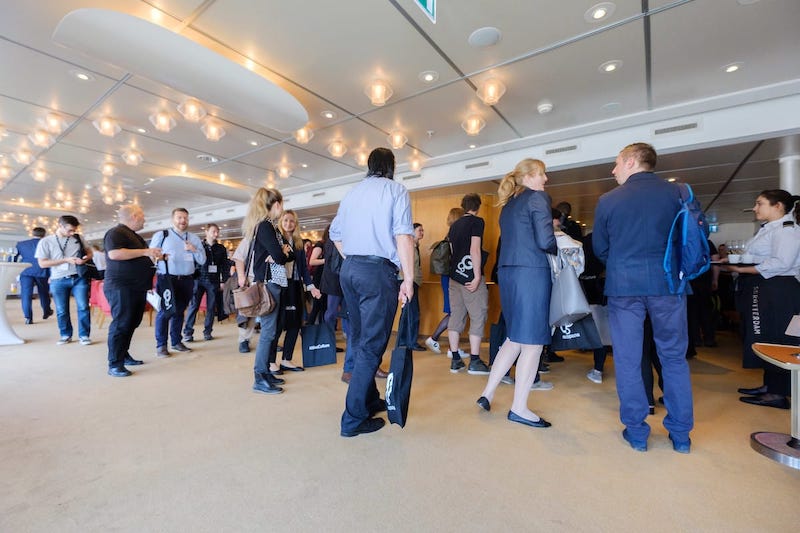Ben Savage
Veritas Automata
From a CEO's perspective, integrating DevOps with machine learning pipelines is key to strategic advantage, driving innovation, market agility, and operational efficiency. This presentation underscores real-world successes and views DevOps as crucial for future business growth.
How can DevOps, when seamlessly integrated with machine learning pipelines, become a powerhouse for innovation and competitive advantage? This exploration, from a CEO's perspective, unveils DevOps not just as a collection of practices and tools but as a pivotal asset in strategic business positioning and market leadership. Learn how melding DevOps with machine learning amplifies its strategic importance, driving product innovation, enhancing customer experiences, and facilitating agile responses to market dynamics. We will highlight concrete examples where the synergy of DevOps and machine learning has led to notable business successes, including market expansion, the swift introduction of innovative products or features, and achieving operational efficiencies. The presentation concludes with a visionary outlook on DevOps, enriched with machine learning, as a transformative force in business growth and evolution.
Ben Savage, serving as the visionary CEO of Veritas Automata, brings to the forefront an extensive background in revolutionizing autonomous transaction processing through the strategic integration of blockchain, smart contracts, and machine learning. His tenure at Veritas Automata is marked by an unwavering commitment to innovation, operational efficiency, and leveraging technology for transformative business solutions. Prior to leading Veritas Automata, Ben was instrumental in shaping the future of IoT solutions as the CTO and Chief Innovation Officer at Apex Supply Chain Technologies, where he pioneered the development of the groundbreaking Pizza Portal for Little Caesars among other complex IoT applications.
With a career spanning over two decades, Ben's expertise encompasses product development, embedded systems, cloud computing, and supply chain management, honed through significant roles at Apex, Maersk, and Computer Science Corporation. His pioneering work has been recognized with numerous domestic and international patents, underscoring his contribution to advancing technology and business practices. Furthermore, Ben's thought leadership and strategic insights have made him a valued member of multiple advisory boards, where he continues to influence the direction of technological innovation and industry standards.
At the helm of Veritas Automata, Ben Savage is not just leading a company; he is steering an industry towards a future where technology serves as a cornerstone for efficiency, security, and growth, embodying the ethos of innovation, improvement, and inspiration that Veritas Automata champions.


